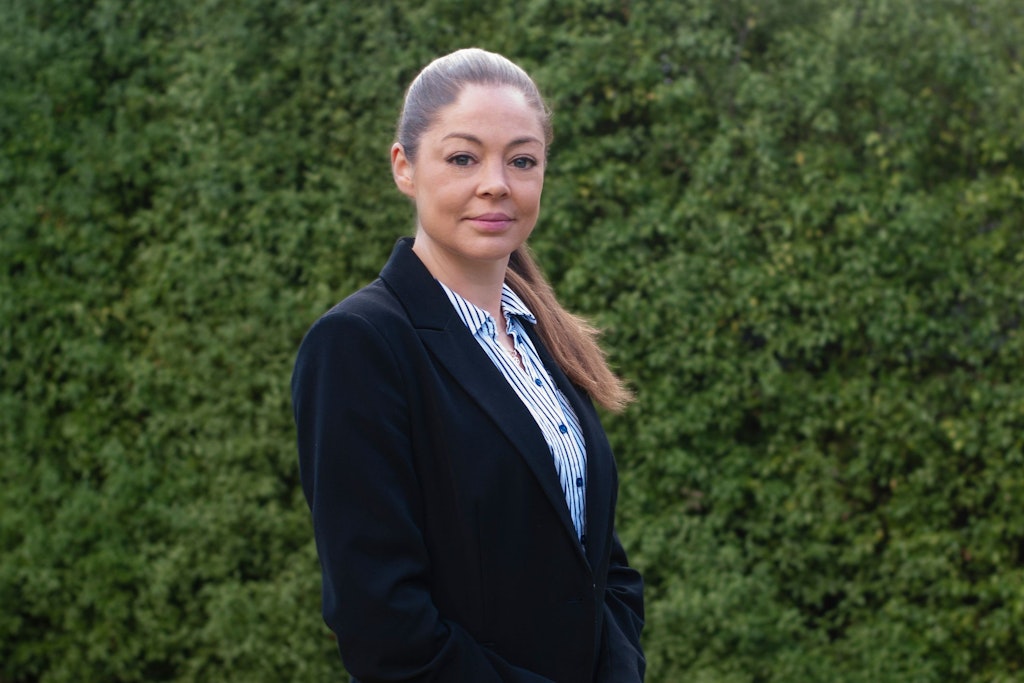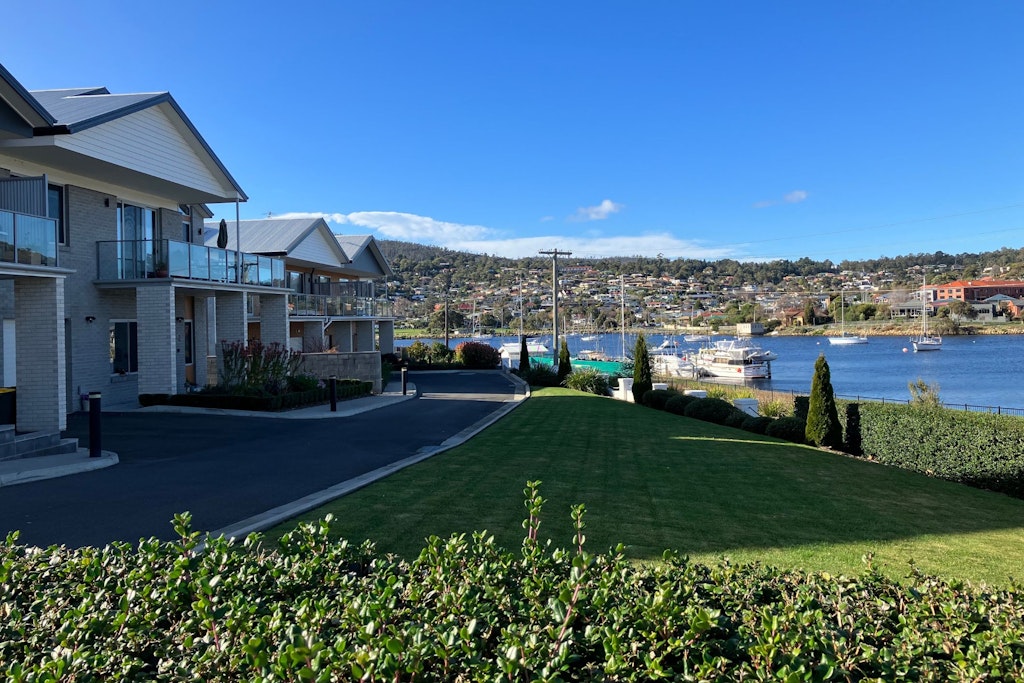Enjoying her stay: How retirement living inspired a career change
Last updated on 21 July 2023

There are similarities between the hospitality & tourism industry and retirement living; people from a variety of backgrounds want somewhere safe, enjoyable and interesting to stay. It’s just that retirement living is more permanent, with a dash of aged care support for those who need it.
Those similarities are why Maya Cuatt, Retirement Living Manager at Respect (Southern Tasmania), successfully transitioned into the industry. Ms Cuatt always appreciated the relationships forged between herself and visitors during her time in hotels and tourism, but there was something missing – something she found in retirement villages.
“What I’m really enjoying about aged care is building longer-term relationships with my residents and their families. I have more purpose because I’m assisting in peoples’ lives on a day-to-day basis, hearing what they would like in their life and their community and working together to achieve that,” Ms Cuatt said.
“I also work on gaining the trust of family members so they know I’m here to help them. There are challenges in the role, such as when we sadly see residents transition to higher care, but families know that as a person who helped mum and dad, I’m there to help navigate that next step.”
With a considerable amount of responsibility on her shoulders, Ms Cuatt takes an open approach to working with her residents and their families. She understands the complexities and differences in individuals; some residents are open – taking her on tours of their homes – while others only touch base once every six months.
Being able to accommodate individual needs helps create strong connections, and it’s equally important to recognise where and when a leader can step in to diffuse difficult situations.
“You need to be able to communicate with everyone, including external trades and workers who come into our environment. I had one resident refer to someone they didn’t like as a “silly young boy”. He’s not a silly young boy, he just hasn’t had the life experience to know how to communicate with you and your needs, and there’s nothing negative about that,” she said.
“We all have our valid opinions of things and we all see things differently so it’s really working together to create the big picture; I like to say we’re getting all the cogs in line to create a smooth process.”
Overcoming distance and disruption

Ms Cuatt first joined Masonic Care Tasmania (before it merged with Respect) 12 months ago when aged care was still disentangling itself from the COVID-19 pandemic. Residents in retirement communities saw social circles and support services drastically reduced, meaning there have been concerted efforts to rebuild connections.
“These residents almost felt like they’d been in their homes and in lockdown for so long that their community was, not broken, but it was isolated. I stepped in as COVID-19 was being pushed behind us and had to look at how we could move forward,” Ms Cuatt said.
“One thing they were missing was communication, not just about world news or COVID-19, but communication with what’s going on within their village, something as simple as annual maintenance. So I’m excited knowing we’re working to help rebuild the connections that were shut down throughout the pandemic.”
Bouncing back from the pandemic is not the only challenge for aged care. Distance, even in a small state like Tasmania, provides a barrier for managers to build new relationships. So just as Ms Cuatt has had to learn the ropes of what residents need in retirement, so too has she with employees and other managers across the state.
“You’re not seeing people’s facial expressions when you have phone calls and emails. Sometimes there are situations you read and think ‘Am I taking that the right or wrong way?’ and then you remind yourself if you need clarity over something, pick up the phone. If you can’t see their face you at least hear their voice and you can work out what the situation is,” she said.
Now with 12 months of experience in the role, Ms Cuatt has added confidence. It’s something all leaders within aged care would understand; that sense of finding your feet, putting in the hard yards and then watching positive change unfold. But she knows there’s more to be done, residents aren’t just checking in and checking out after a weekend stay. So the relationships formed are motivation to work harder over the next 12 months.
“Not long ago I was in a meeting with a group of residents and one of them said to my executive ‘And we’ve passed the bouquet to Maya’ and I started grinning,” Ms Cuatt explained.
“I said ‘Thank you, but as you passed the bouquet to me, I was actually sitting here looking at you all thinking how lucky I am to be part of your lives. So that’s what this grin is about. It’s passing it all back to you’. I really enjoy what I do and the people I work with and I’m so thankful for that.”